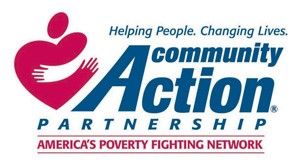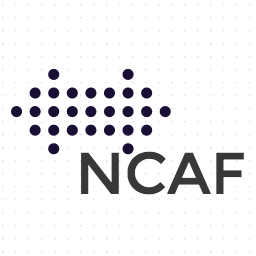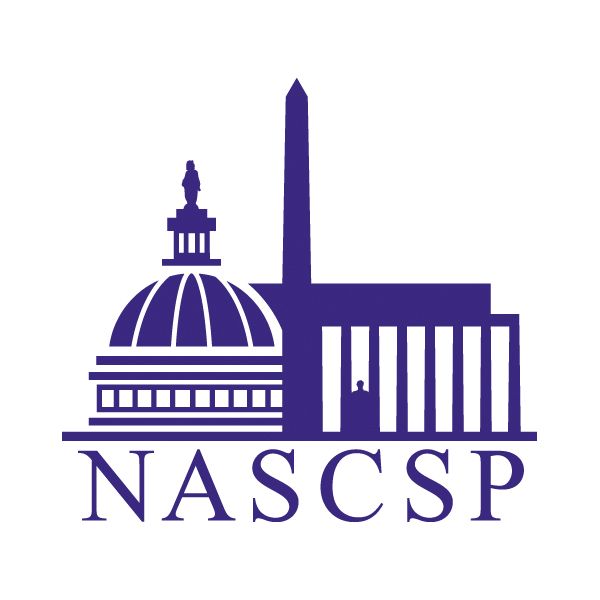Why Board Training?
Community Action Agencies are each governed by a volunteer Board of Directors. Community Action Partnership of North Dakota, in conjunction with the North Dakota Department of Commerce, is committed to educating and training Board members. We know this investment in leadership is important and trainings will help Board members gain the appropriate tools to assist them in the Board room.
Our board trainings are designed to equip you with the necessary tools to excel in the Board room, ensuring that you are well-informed, confident in your leadership abilities, and up-to-date on your roles and responsibilities. The sessions will provide valuable insights into effective governance, strategic planning, and other critical aspects of board membership.
Register for Board Trainings
2026 Community Action Board Member Training Schedule
*All Board Trainings are held from 12:00 PM CT/11:00 AM MT to 1:00 PM CT/12:00 PM MT
January 23, 2026
April 24, 2026
July 24, 2026
October 23, 2026







